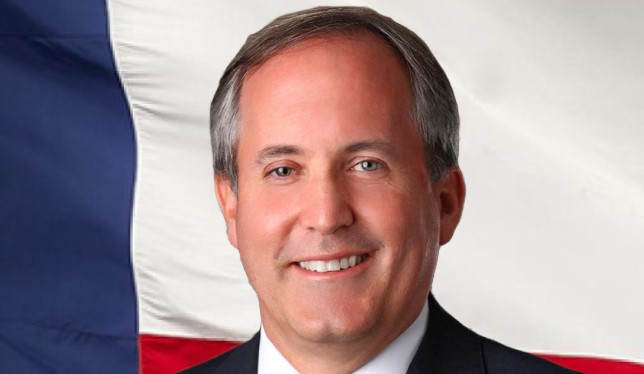Texas has secured an unprecedented $1.4 billion settlement with Meta over the company’s improper use of facial recognition technology. This agreement concludes a legal battle initiated by Texas Attorney General Ken Paxton in February 2022. The lawsuit alleged Meta violated the Texas Capture or Use of Biometric Identifier Act (CUBI) and the Deceptive Trade Practices Act (DTPA) by storing facial recognition data without consent.
- Texas secured a $1.4 billion settlement with Meta over the unauthorized collection of facial recognition data, marking the largest settlement won by a single state for privacy violations.
- The lawsuit, filed by Texas Attorney General Ken Paxton, alleged that Meta’s “Tag Suggestions” feature infringed on user privacy by scanning billions of photos for facial data without consent, violating Texas biometric and consumer protection laws.
- Although Meta agreed to the settlement, it admitted no wrongdoing, having ceased its facial recognition program on Facebook in 2021.
- This case highlights the rising importance of privacy regulations amid technological advancements and sets a precedent for enforcing transparency and user consent in data collection practices.
In its legal complaint, Texas accused Meta of scanning billions of photos on Facebook to collect biometric identifiers without users’ knowledge or permission. The settlement marks a significant triumph for Texas, becoming the largest ever obtained by a single state and attorney general. Paxton stated that the outcome sends a strong message to technology giants about accountability for privacy violations.
Meta, while agreeing to the settlement, admitted no wrongdoing. The company had already ceased using its facial recognition software on Facebook in 2021. According to court documents, the “Tag Suggestions” feature, introduced in 2011, was a focal point of the lawsuit. This feature aimed to simplify tagging users in photos but did so without adequately informing them or obtaining consent, allegedly infringing CUBI.
The repercussions of this settlement extend beyond financial penalties. It highlights a growing need for stringent privacy regulations in the face of advancing technology. Meta expressed its commitment to moving forward, exploring further business opportunities in Texas, including potential data center developments.
The legal action against Meta is not an isolated incident. The tech giant has faced scrutiny for privacy violations before. In 2018, shareholders filed a class-action lawsuit against Meta over a 2015 data breach affecting 87 million users. This lawsuit was initially dismissed but revived by a federal court of appeals in 2023, and the Supreme Court took it up in June 2024.
This case underscores the ongoing challenges companies face in balancing innovation and privacy. As technology evolves, the importance of transparency and user consent cannot be overstated. The Texas settlement serves as a precedent for future cases, emphasizing the necessity of adhering to privacy laws.

